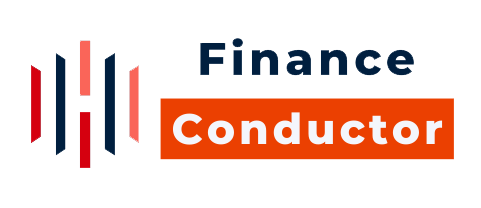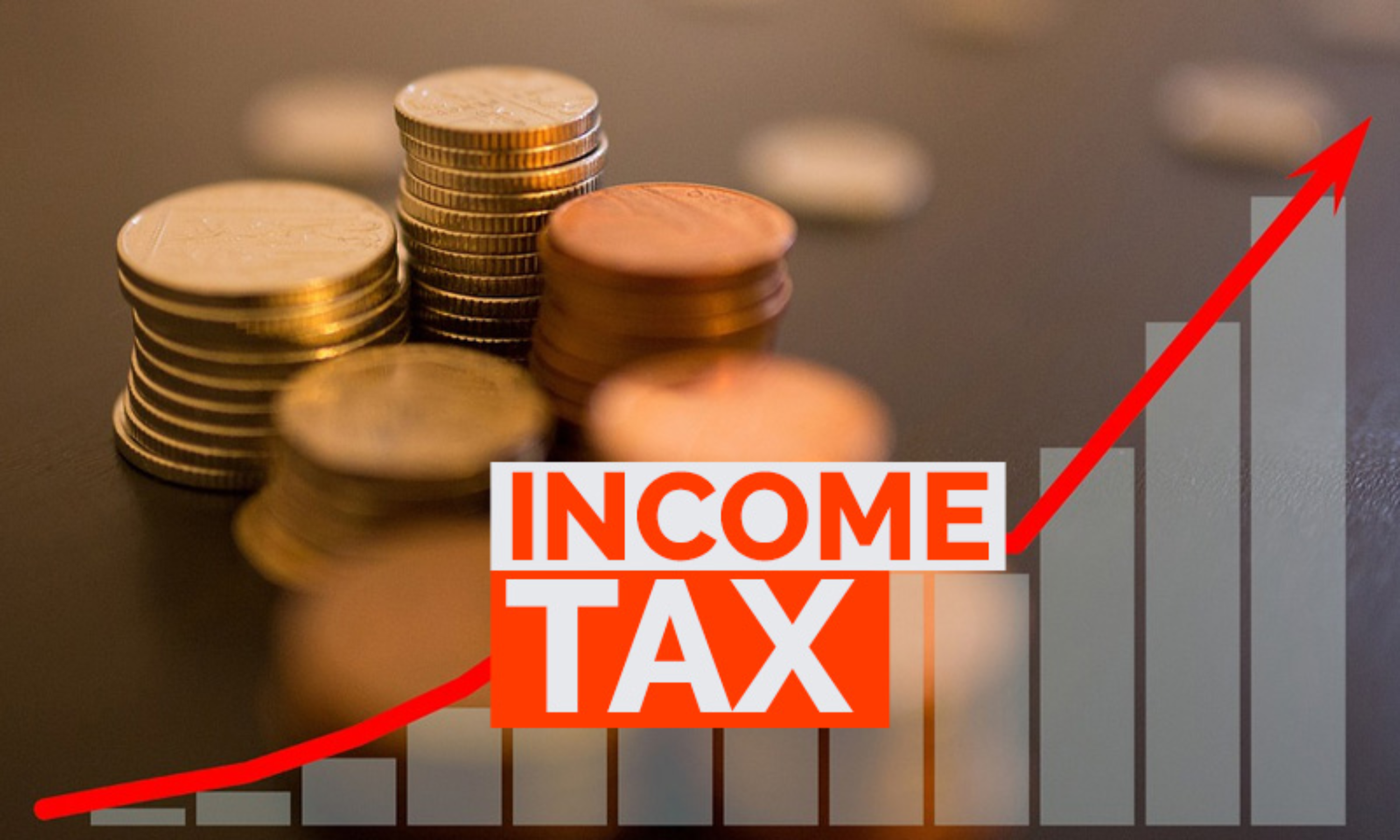What is income tax? How is the income tax calculated? The government levies income tax on people and businesses based on how much money they make over a certain period of time. The amount of income tax due is determined by several variables, including the taxpayer’s taxable income, tax rates, deductions, and credits.
People can minimize their income tax liability and increase their savings by becoming familiar with the procedure and investigating tax-saving options. In this article, we’ll examine calculating income tax and offer helpful advice for reducing taxes.
How to Calculate Income Tax
To make it easier for you, here we come with easy step by step to calculate the income tax wisely.
Determine Gross Income
Calculate your gross income first. Gross income is your revenue from all sources, including wages, business profits, rental income, interest, dividends, and capital gains.
Calculate Taxable Income
The tax regulations permit several deductions and exemptions from gross income in order to determine the taxable income. These can include house mortgage interest deductions, certain company expenses, contributions to retirement plans, and deductions for medical, educational, and other costs.
Determine the Appropriate Tax Brackets
Income tax is assessed at various rates based on tax brackets, which correspond to various income ranges. Progressive tax brackets mean that as income rises, so does the tax rate. To establish the tax rate that will apply, it is crucial to ascertain the applicable tax bracket.
Apply Tax Rates
After determining the taxable income and applicable tax bracket, the income tax liability is calculated by applying the tax rate associated with that bracket.
Take credits and rebates into account
Tax credits immediately lower the taxes owed, whereas rebates give back some of the taxes already paid. Based on variables including income level, family circumstances, educational attainment, and investments made in energy-efficient products, a variety of tax credits and refunds may be accessible. These have the potential to dramatically lower overall taxation.
Income Tax Savings Techniques
Take Advantage of Tax Deductions
Use the tax breaks offered for expenses like medical costs, mortgage interest, educational costs, and donations to charity organizations. It is crucial to keep track of qualified costs and accurate records.
Increase Retirement Contributions
Make contributions to pension, 401(k) plans, and IRAs. These plans frequently allow for tax-deductible contributions, which lower taxable income and reduce tax obligations. Contributions that are matched by the company can also be advantageous.
Take into account Health Savings Accounts (HSAs)
If qualified, make a contribution to an HSA to receive triple tax advantages. Tax-deductible contributions, tax-free earnings growth, and tax-free withdrawals for eligible medical costs are all features of this plan.
Maximize Tax Credits
Find and use tax credits available for particular circumstances, such as the Earned Income Tax Credit, Child Tax Credit, and Education Tax Credit. These credits directly lower the tax obligation, which could result in considerable tax savings.
Schedule Capital Gains and Losses
If you have investments, schedule capital gains and losses intelligently. To reduce the taxable amount, offset capital gains with capital losses. Longer-term investment holdings may also be eligible for lower tax rates.
Examine Tax-Advantaged Investments
Tax advantages are available with some investments, such as municipal bonds. Municipal bond interest is frequently tax-exempt, making it possible to earn money without having to pay more in taxes.
Select Tax-Efficient Funds
Take tax efficiency into account while investing in mutual funds or exchange-traded funds (ETFs). These funds are made to mitigate potentially onerous tax obligations by minimizing taxable events like capital gains distributions.
Time Income and Expenses
To minimize your tax liability, think about postponing income or accelerating expenses, depending on your financial condition. You might delay receiving a bonus until next year if, for instance, you anticipate being in a lower tax rate then.
Organize Business Expenses
If you are self-employed or operate a business, make sure that all business-related expenses are properly documented and kept in records. This covers the cost of equipment, travel, office supplies, and expert services. Taxable income can be greatly reduced by deducting allowable business expenses.
Seek Professional Advice
A tax expert or financial counselor may offer you individualized advice based on your particular situation. They can support you with navigating complicated tax laws, finding extra tax-saving opportunities, and ensuring rules are followed.
Conclusion
In order to maximize your financial status, it is essential to understand how income tax is calculated and to look into tax-saving options. To make the most of the available tax-saving measures, it is crucial to keep informed about tax regulations, seek professional advice when necessary, and plan.






